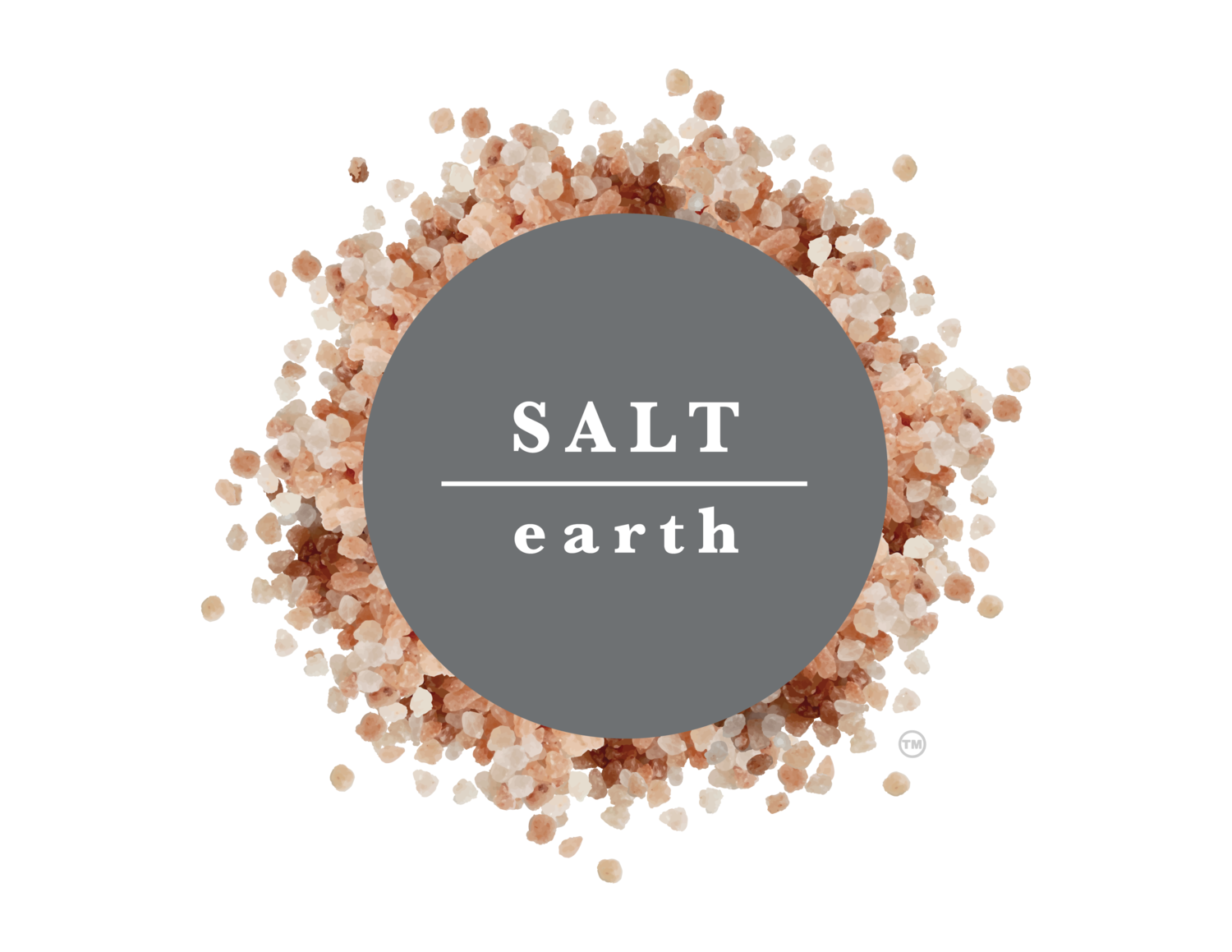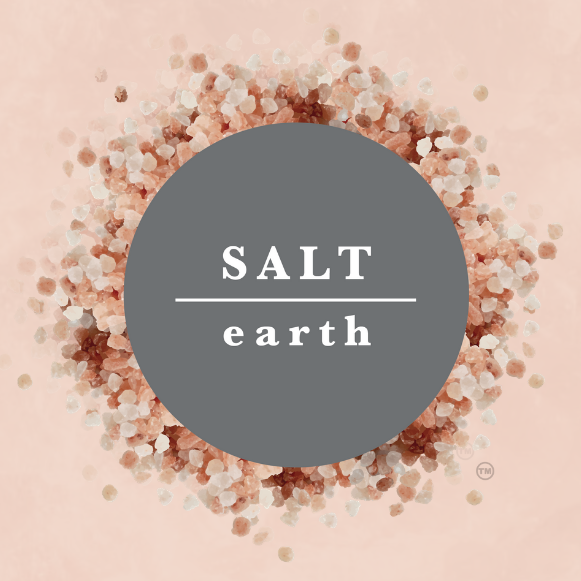Fuel for Wellness - Preventative Health
How you fuel your body matters, and it all begins with… that’s right, your diet. According to the World Health Organization, eating a variety of foods and consuming less salt, sugars and saturated and industrially-produced trans-fats, is essential for maintaining health. Following these guidelines can protect you against many chronic noncommunicable diseases, such as heart disease, diabetes and cancer.
Food is not simply for enjoyment, but is the enrichment that provides for every aspect of your life. As Melissa said in our Fuel for Wellness IGTV "If you put rubbing alcohol in a car it is so not going to work!" The same goes for your body, to keep it running properly it is important to fuel it properly.
The human body needs a long list of nutrients every day. The essentials, though, are called “macronutrients,” and your body needs them to stay healthy and perform optimally. They include Carbohydrates, Protein, Fats, Vitamins/Minerals, and Water. The amount of each nutrient you need depends on your age, height and weight, and activity level. Vitamins help your body grow and work the way it should and they are essential to properly fuel the body. There are 13 essential vitamins — vitamins A, C, D, E, K, and the B vitamins (thiamine, riboflavin, niacin, pantothenic acid, biotin, B6, B12, and folate). Many of these vitamins can be found in nutritious foods. However, it can be good to take an innovatory of any deficiencies in your specific diet.
The term "anti-inflammatory diet" gets thrown around in nutrition conversations a lot these days. But why is inflammation bad for us, anyway? Inflammation is a part of your body's normal response to infection or injury. It's when your damaged tissue releases chemicals that tell white blood cells to start repairing. But sometimes, inflammation is low-grade, spread throughout the body, and chronic. The choices you make at the grocery store can have an impact on the inflammation in your body. It can play a role in the buildup of plaque in your arteries that can up your risk of heart disease and stroke. It's also associated with a higher risk of cancer, diabetes and other chronic conditions. Foods like processed sugars help release inflammatory messengers that can raise the risk of chronic inflammation.
Foods like fruits and veggies help your body fight against oxidative stress, which can trigger inflammation. Additionally, every body is different and can have different triggers for inflammation. Taking a test to find out what foods may cause inflammation in your body can be a great way to manage chronic inflammation. Melissa's #1 inflammatory food was pineapple (a food that is normally listed as anti-inflammatory!)
Some foods can have negative impacts on your health, especially when they are relied upon as a staple in your diet instead of an occasional treat. A few of these food include sugar, refined carbs, trans fats, highly processed foods, alcohol, and fish high in mercury. We are all exposed to many chemicals and toxins every day, so even people who lead relatively healthy lifestyles can gain health benefits from cleansing. A body cleanse lets you rid your body of unnecessary toxins and gives it a reset. There are many different ways to cleanse and detoxify from dietary (like a juice cleanse) to massage or reflexology.
One thing that is important to remember is that balance is key to a diet rooted in wellness. A lifestyle that provides all the proper fuel for your body, reduces inflammation, and detoxifies your system when needed is important. However, mental health is also important and living restricted can be mentally caging. Giving yourself grace can be the key to freedom.

